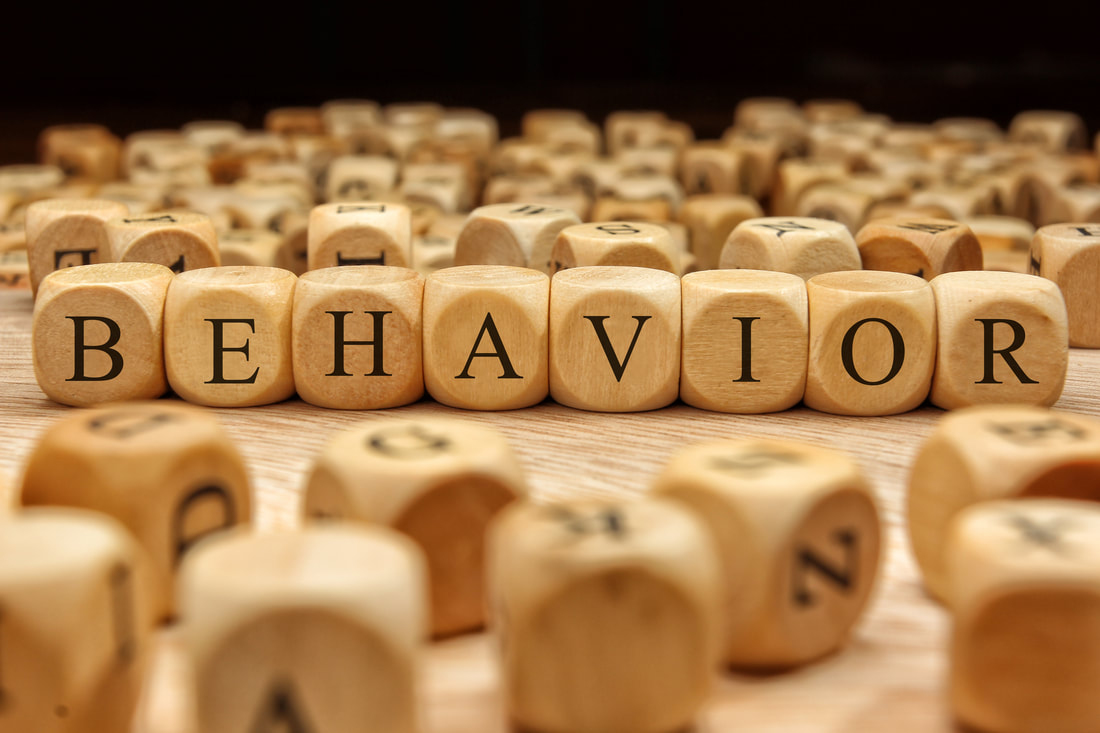|
It's no secret that we all want to change our behavior at some point in time. Whether it's quitting smoking, eating healthier, or getting more exercise, most of us have made (and failed) at resolutions to change our behavior. Why is it so hard to change? And what works when it comes to behavior change? In this blog post, we'll take a look at the science of behavior change and discuss what works and what doesn't.
It turns out that there are a number of factors that contribute to whether or not we're successful at changing our behavior. One of the most important is what psychologists call "self-efficacy." This refers to our belief in our ability to actually carry out the behavior change. If we don't believe we can do it, we're much less likely to be successful. The same goes for when we are trying to encourage someone to make a positive behavior change! If we don't believe they can do it, they are less likely to make the necessary changes. Another important factor is what's called "reinforcement." This refers to whether or not we're getting positive reinforcement for the new behavior (such as compliments from others or a sense of satisfaction) or negative reinforcement (such as avoiding punishment). Studies have shown that positive reinforcement is much more effective in leading to long-term behavior change than negative reinforcement. Finally, another important factor is what's called "habit formation." This refers to how likely we are to stick with the new behavior over time. Studies have shown that it takes most people about 66 days to form a new habit. So if you're trying to change your behavior, don't get discouraged if you don't see results immediately. Keep at it, and eventually it will become second nature. If you're interested in learning more about the science of behavior change, check out the resources below. And if you're looking to make a change in your own life, remember to focus on self-efficacy, positive reinforcement, and habit formation. With a little effort, you can be successful at changing your behavior for good. Resources: -The Psychology of Self-Efficacy by Albert Bandura -Reinforcement Theory by B.F. Skinner -How to Form New Habits by James Clear Thanks for reading! I hope this was helpful in understanding the science of behavior change. If you have any questions or comments, please leave them below. And if you're looking for more resources on this topic, check out the links above or contact us at samplesupports.com!
0 Comments
Leave a Reply. |
Categories
All
Archives
July 2024
|
We Provide Services 24/7
Administrative Office Hours:
Monday - Friday
8:00 am - 5:00 pm
Phone: 720.684.6102
[email protected]
Fax: 303.261.8216
Mailing Address:
606 Mountain View Ave.
Longmont, CO 80501
Click to set custom HTML
© 2023 All RIGHTS RESERVED PRIVACY POLICY


 RSS Feed
RSS Feed